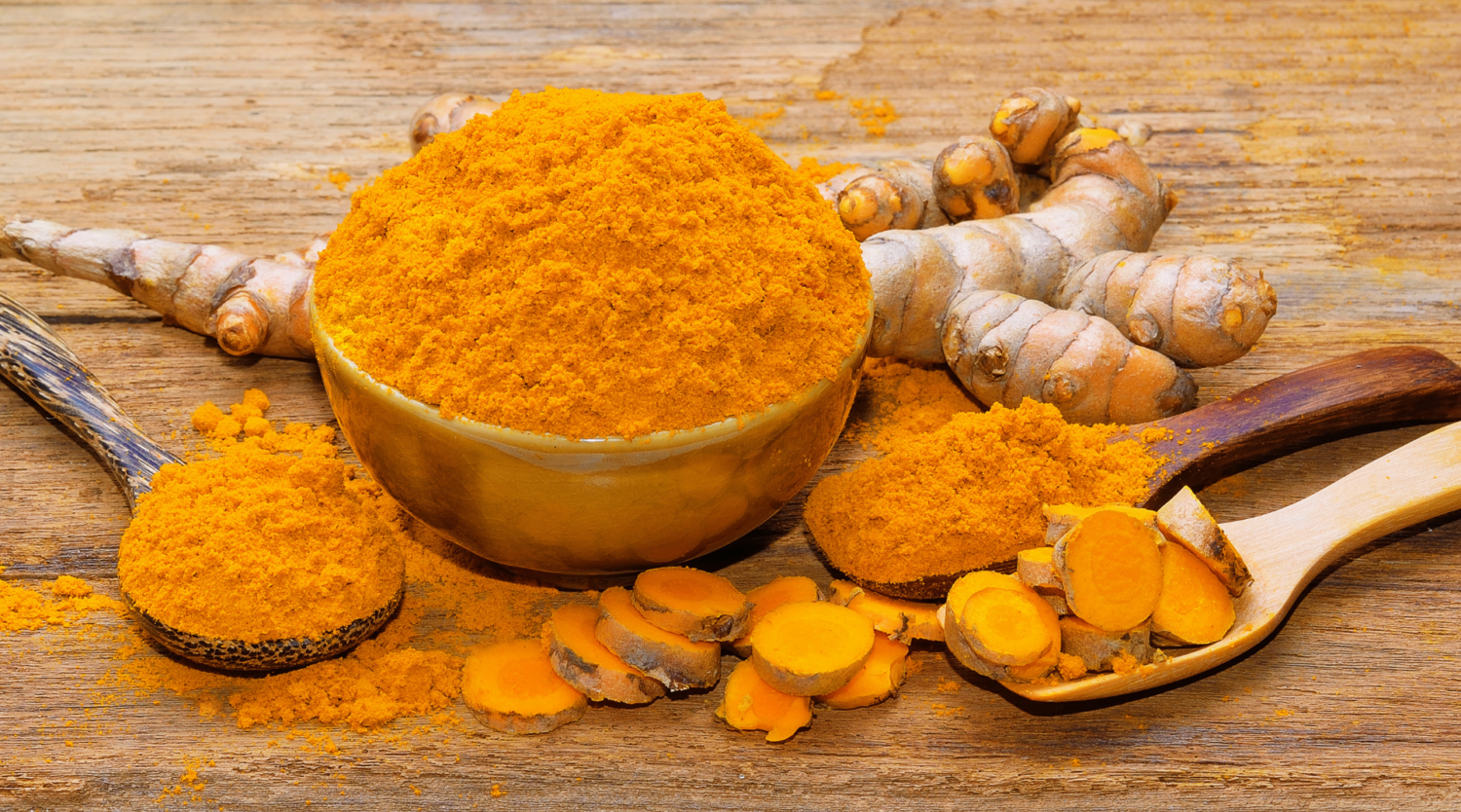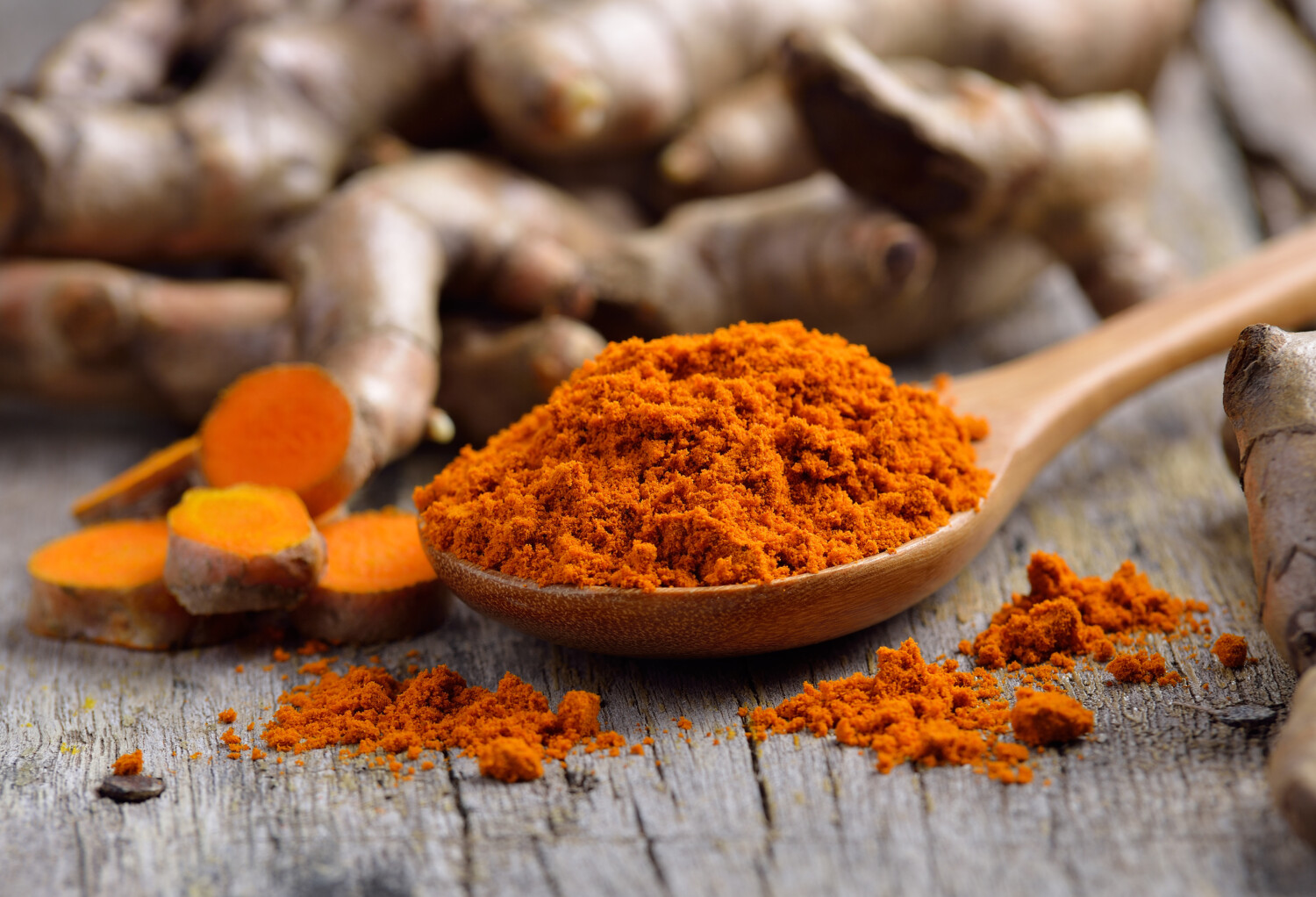Turmeric could help treat indigestion, new study suggests

Using home remedies to cure minor sicknesses or conditions goes back generations. Whether it’s a treatment grandma recommended or one your best friend tells you about, we’ve all heard numerous examples of how something from our kitchen could help us feel better quickly. An episode of heartburn or indigestion can have someone reaching for a fast cure, and there are several home remedies people recommend, including ginger, apple cider vinegar or saltine crackers.
However, a certain spice on your spice rack is getting attention from scientists as a possible non-pharmaceutical source of indigestion relief: turmeric.
Turmeric is a spice commonly used to add color and flavor to dishes and is popular in Indian, African and Asian cuisine.
Now, in a study released on Sept. 11 by the medical journal MBJ, researchers reported they found early signs of turmeric’s success in managing indigestion when compared to omeprazole, a drug in popular medications such as Prilosec. Prolonged use of omeprazole can lead to unpleasant side effects such as muscle cramps, bone fracture, sore throat, mouth sores and urination issues.
The participants were divided into three groups: People taking omeprazole alone, turmeric alone, and a combination of the two. The study found no significant differences between the three groups of patients, meaning that no one treatment was more effective than the other.
“In addition to anti-inflammatory and antioxidant purposes, curcumin/turmeric could be an option for treating dyspepsia with comparable efficacy to omeprazole,” lead study author Dr. Krit Pongpirul told CNN.
However, this study provided limited information based primarily on its small sample size. Only 206 patients enrolled to participate, and 151 completed the study.
Despite the small sample size, the results of this first-of-its-kind study look promising, and the scientists believe it paves the way for additional research on how turmeric can treat gastrointestinal issues.
Other Medical Uses for Turmeric
In recent years, medical scientists and doctors decided to study how turmeric’s active ingredient, curcumin, can help human health. Curcumin is known as a polyphenol, which research shows helps with inflammation and muscle soreness.
A 2019 study showed curcumin provided similar pain relief to patients with knee osteoarthritis compared to diclofenac, a non-steroidal anti-inflammatory drug found in Voltaren and other pain medications.
The active ingredient in turmeric also showed the potential to improve adult memory and attention based on the findings of a 2018 study published by The American Journal of Geriatric Psychiatry.
MORE: BMI alone doesn’t accurately predict life expectancy, new study finds
Should You Run Out To Buy Turmeric?
Early research may be promising, but experts warn the public about jumping on a supplement bandwagon too quickly to cure their heartburn or indigestion.
“I don’t think this one study alone is enough for me to say, ‘I recommend this,'” Dr. Yuying Luo of the Icahn School of Medicine at Mount Sinai told CNN. “Proceed with caution.”
Many turmeric supplements available in the U.S. do not have high enough concentrations of curcumin for medicinal benefit, warned Ohio State University Wexner Medical Center registered dietitian Matthew Black.
“Keep in mind, turmeric supplements are not regulated by the FDA, so potency does not have to be verified. You may be paying for a supplement with low amounts of curcuminoids,” Black told VeryWell Health. “Additionally, since label accuracy is not regulated, individuals using these supplements may be placing themselves at risk for potential harm when taking too much.”
There is also research that shows turmeric acts like a blood thinner. You should consult your doctor or health care practitioner before beginning any new supplement to ensure it doesn’t interact with any of your medications or impact upcoming surgical procedures.
MORE: Study finds mouth rinse can spot early risk for heart disease







